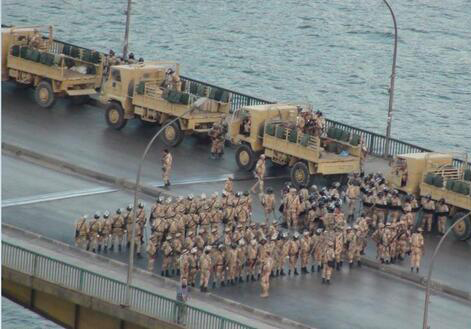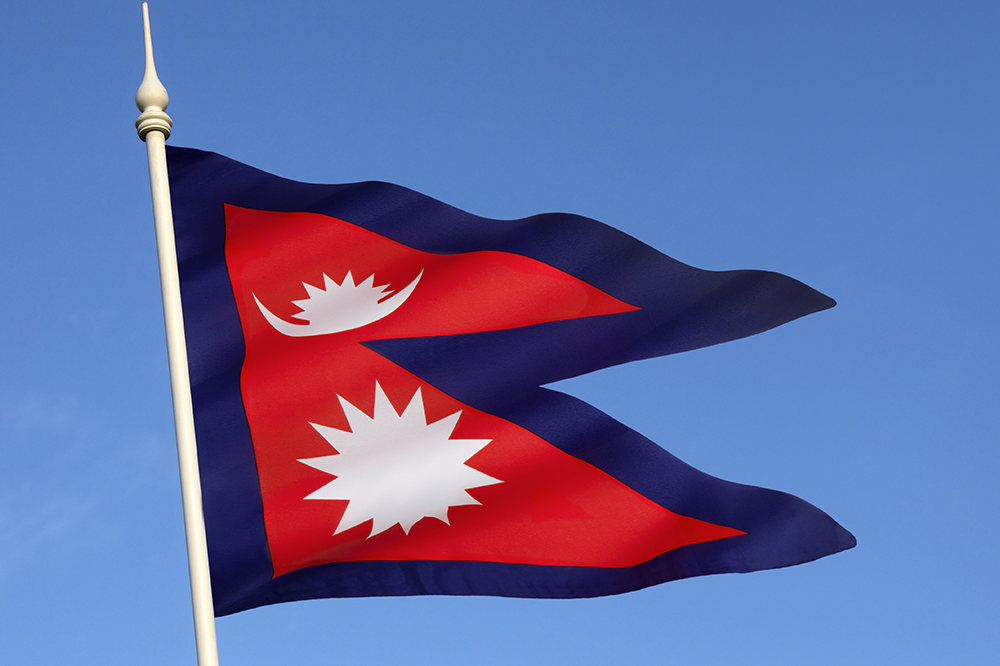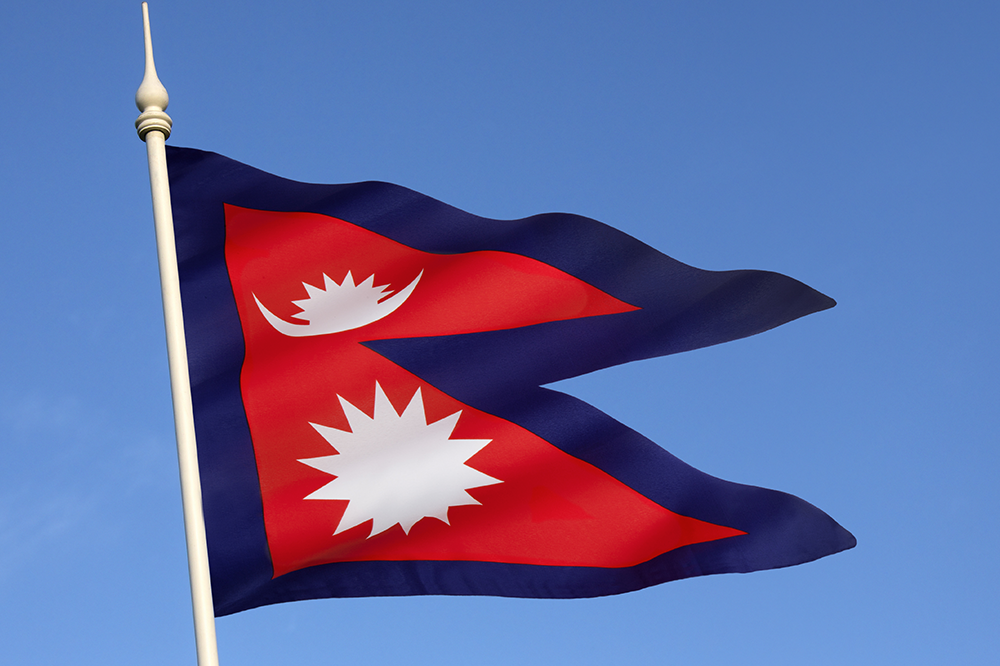
Sep 16, 2015 | News
Myanmar’s government must end the practice of appointing newly retired military officials as judicial officers to its courts and ensure that the judiciary carries out its functions as a separate branch and independent of the Executive, said the ICJ today.
At least 20 former military officers who have just recently resigned from the military were reportedly appointed as vice director generals to the country’s Supreme Court this month.
They will be performing administrative functions but according to section 310 of the Myanmar Constitution will be in line for senior judicial appointments at the state or regional level after 5 years or sooner if the President considers them to be ‘eminent jurists’.
“One of the fundamental aspects of an independent, impartial and accountable judiciary is the appointment of judges, through proper procedures, on the basis of their legal competencies,” said Sam Zarifi, ICJ’s Asia Director. “The process for appointing and promoting judges must be transparent and ensure judicial independence and impartiality.”
A group of leading members of the Myanmar bar launched a “yellow ribbon” campaign last Friday in Yangon to protest the practice of assigning military officers to serve as judicial officers.
“The process of selecting these officers and assessing their legal qualifications is totally opaque,” Zarifi added. “The lawyers wearing yellow ribbons are emphasizing the belief of people in Myanmar that strengthening the rule of law is essential to guaranteeing justice and the country’s political and economic development, so it’s important to improve the judiciary’s qualifications and increase public trust.”
The Supreme Court of Myanmar launched its Strategic Plan 2015-2016, citing “judicial independence and accountability” as one of its key strategy areas.
The UN Basic Principles on the Independence of the Judiciary provide that that “Persons selected for judicial office shall be individuals of integrity and ability with appropriate training or qualifications in law.”
“The Myanmar judiciary is trying to shake off decades of interference from the Executive branch in order to assert its proper role as defender of the rights of people in Myanmar, and it can’t do so without a clear and transparent appointment and promotion process,” Zarifi said.
An exposition and analysis of international law and standards are available in English and Myanmar language in the ICJ’s authoritative Practitioners’ Guide on the Independence and Accountability of Judges, Lawyers and Prosecutors.
Contact:
Sam Zarifi, ICJ Regional Director for Asia and the Pacific, t: +66 807819002; e: sam.zarifi(a)icj.org
Vani Sathisan, ICJ International Legal Adviser for Myanmar, t: +95 9250800301; e: vani.sathisan(a)icj.org

Jul 4, 2013 | News
The ICJ called on the Egyptian authorities, including the army, to uphold the rule of law and democratic principles and take immediate and effective measures to prevent the deterioration of the human rights situation.
The statement came as the head of the armed forces, General Abdel Fattah El Sisi, announced on 3 July 2013 the suspension of the Constitution and the removal of President Mohamed Morsi.
The General said that Constitutional Court Chief Justice Adly Monsour would head an interim government until new elections were held.
The ICJ is deeply concerned that the decisions that have been taken by the military are beyond the scope of its constitutional authority and violate basic rule of law principles.
If implemented, these decisions will also set a dangerous precedent, wrongly signaling that the conflicts and challenges in Egypt should be met by military force rather than through political engagement and legal processes, the ICJ said.
“All Egyptian authorities should ensure that any political disagreement or conflict is resolved in compliance with rule of law principles and through legally established channels. Under international law, political divergences cannot be invoked to justify the unlawful seizure of the executive power,” said Wilder Tayler, ICJ Secretary General.
The ICJ is also concerned about reports that President Morsi, his advisers and leaders from the Freedom and Justice Party have been arrested.
Journalists have also been arrested and several television stations linked to the Muslim Brotherhood were taken off air following the Military decisions.
“The army and government authorities should ensure the protection of the rights of those detained in the context of the ouster of President Morsi, including the right to liberty and to security of person. Journalists arrested while exercising their professional duties must be released immediately,” Tayler further said.
The transition process in Egypt, under both the Supreme Council of Armed Forces (SCAF) and President Mohamed Morsi has failed to comply with international rule of law and human rights standards, the ICJ said.
The ICJ is also concerned about of the deterioration of the human rights situation in Egypt over the last few days, including cases of unlawful killings and physical violence against protesters, including sexual assaults against women.
“The Egyptian authorities should ensure that these human rights violations are fully investigated with a view to holding the perpetrators to account. They must also guarantee the rights of all peaceful protesters to security and to the freedoms of assembly and expression,” Tayler added.
Contact:
Said Benarbia, ICJ Senior Legal Adviser of the Middle East and North Africa Programme, tel: 41 22 979 38 17, e-mail: said.benarbia(a)icj.org

Dec 1, 2010 | Events
The ICJ supports a Symposium organized by the Judge Advocate General’s Department of the Ministry of Defence on “The Military and the Law: Issues of Obedience, Compliance and Enforcement”.
Following the success of a previous ICJ-JAG Symposium on “The Rule of Law and the Military” held in 2008, this event is designed to enhance understanding within the military legal community of the importance of the rule of law and human rights in an enforcement context. The Symposium will be held from 1-3 December 2010 at the Royal River Hotel, Bangkok and will be attended by military legal professionals, members of the judiciary and academia, government officials and civil society representatives.
Objectives:
1. To enhance the knowledge and understanding of military officers in the Judge Advocate General’s Department and other military departments and agencies regarding the national and international legal framework applicable to their activities, in order that they may provide legal opinions to their commanders and agencies, a duty essential to ensuring that the operations of the Ministry of Defence and associated agencies comply with the Constitution of the Kingdom of Thailand and relevant laws.
2. To provide an opportunity for military officers to meet and to exchange opinions with civilian experts, members of civil society and representatives of the media in order to build and strengthen good working relationships.
Co-Hosts: The Judge Advocate General’s Department, Ministry of Defence of Thailand and The International Commission of Jurists (ICJ)
Dates: 3 days, 1-3 December 2010
Location: Royal River Hotel, Bangkok, Thailand
Thailand-symposiumagenda-news-2010 (full text, PDF)
Thailand-symposiumagenda-news-2010-tha (full text in Thai, PDF)

Feb 5, 2010 | News
The ICJ today urged action by the Government to ensure respect for civilian jurisdiction in the Maina Sunuwar case.
The Nepal Army has acknowledged that Maina Sunuwar died following prolonged torture at the Nepal Army’s Birendra Peacekeeping Training Centre in Panchakhal on 17 February 2004.
However, it has refused to recognize civilian court jurisdiction as established by the Supreme Court’s September 2007 decision, and to surrender Major Niranjan Basnet to the Kavre District Court pursuant to a 31 January 2008 arrest warrant.
Nepal-civilian jurisdiction-press release-2010 (full text, PDF)

Dec 14, 2009 | News
The ICJ is urging the Government of Nepal to produce Major Niranjan Basnet before Khavre District Court to face charges related to his alleged involvement in the unlawful killing of 15-year-old Maina Sunuwar.
Nepal-Nepal Army obstructing justice-press release-2009-eng (full text, PDF)
Nepal-Nepal Army obstructing justice-press release-2009-nep (full text, PDF)
Photo by Advocacy Forum / Robert Godden









